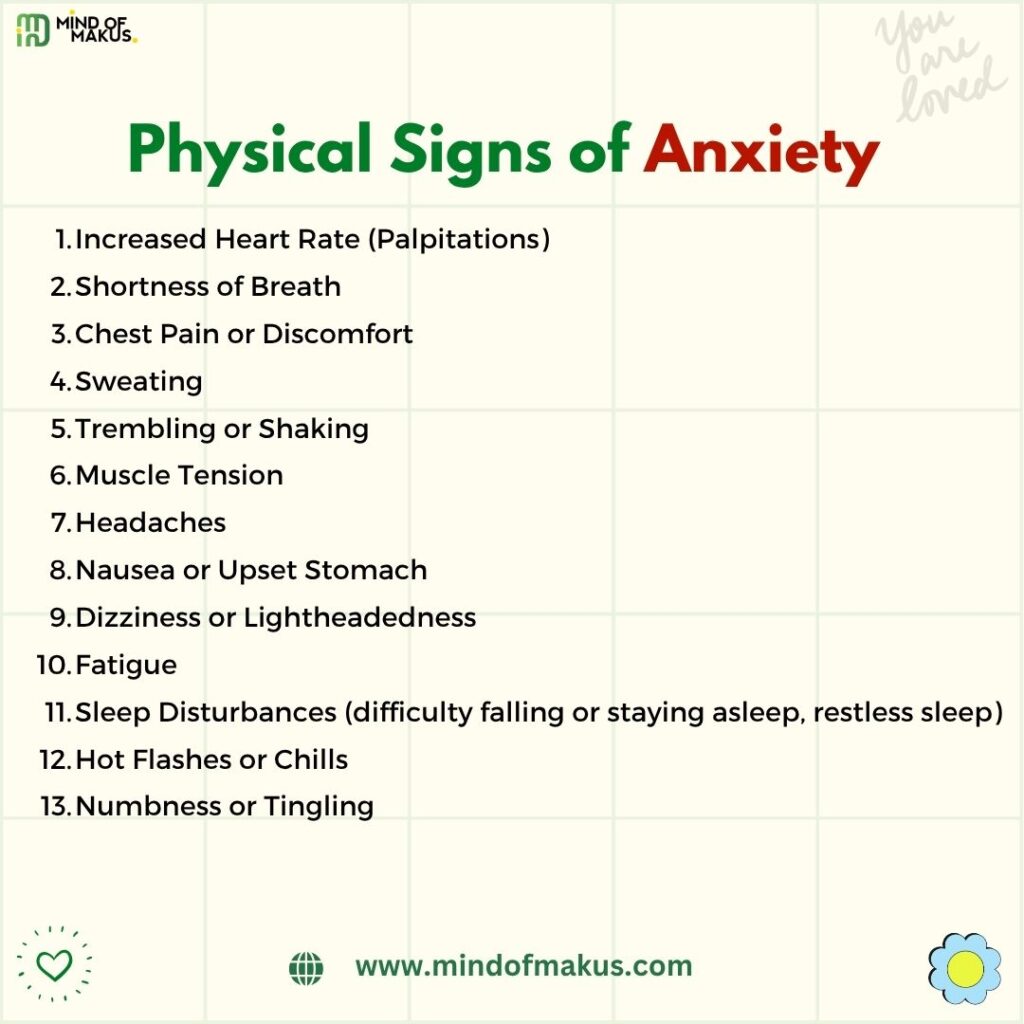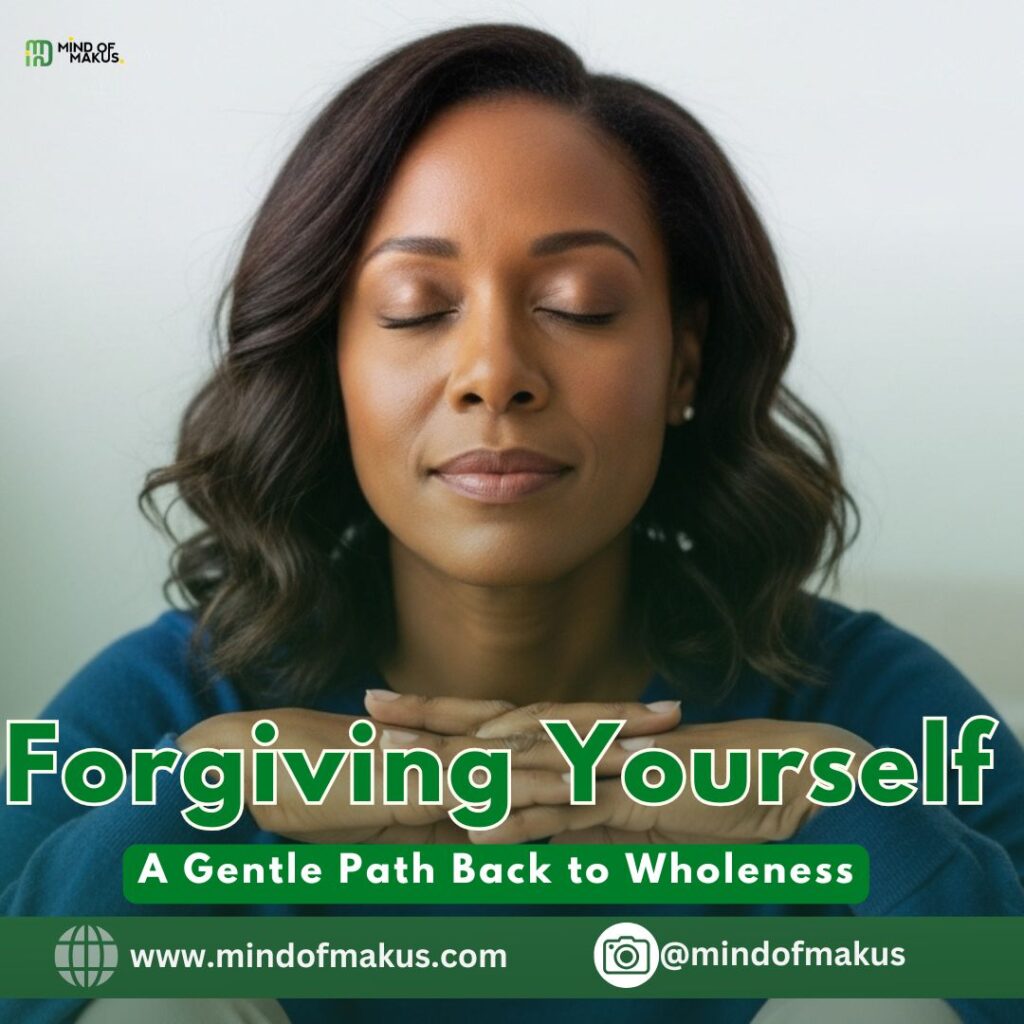Hello, dear friend,
I hope you are well.
I am thankful for this week, so many celebrations and milestones, and I can just say “Thank you Lord” because it hasn’t been by power or might, God has indeed shown mercy.
If you’ve found your way here today, maybe you’re carrying something heavy — a regret, a mistake, a memory that won’t quite loosen its grip. Perhaps you’ve whispered, “I just can’t forgive myself,” more times than you can count.
You’re not alone. I was like you once, being so hard on myself, chewing my nails from anxiety and questioning myself over and over again, and flogging myself psychologically for mistakes that, to be fair, were normal and age-appropriate. Holding myself to very high standards, which is good, but has to be done in love, not judgment.


Retrospectively, I found that these patterns of behaviour meant that I was slower with making decisions and less confident with executing on my dreams and desires. I wonder how many opportunities passed me by while I was in this paralysing cycle.
God, being so kind, broke me free and introduced me to the concept of grace, self-forgiveness, self-compassion, and quick pivots after a mistake has been made. I learned not to wallow in it, but to learn from it and apply the lessons to the future quickly. My decision-making became clearer, quicker, and more precise because I learnt lessons faster and became braver.
Many of us find it easier to forgive others than to extend that same grace inward. We stand in the gap for others, we say, “It’s okay, I understand,” but when it comes to our own hearts, we hold onto shame and guilt like a punishment we believe we deserve.
Today, I invite you to lay it down — piece by piece — and step gently back into wholeness.
Why Is It So Hard to Forgive Ourselves?
There’s a reason self-forgiveness feels so impossible sometimes.
Often, we confuse it with excusing our mistakes — but forgiveness is not permission for wrong behavior. It’s an acknowledgment: I did the best I could with what I knew then. It’s saying, I am human, imperfect, but still worthy of compassion.
One of the most profound quotes that embodies this is:
” when you know better, do better”.
Sometimes we think we must repay our wrongs by carrying guilt forever. But guilt was never meant to be a permanent home — it’s meant to teach us, correct us, guide us. After that, it must loosen its hold so we can grow.
A good book to read on guilt and shame and forgiveness, after The Bible, is Brené Brown’s book called Atlas of the Heart.


The Cost of Not Forgiving Yourself
Holding onto unforgiveness toward yourself can feel righteous — like at least you’re paying penance. But what it really does is keep you stuck in the past.
When you punish yourself endlessly, you don’t become better — you become buried. It’s like picking at a wound that wants to heal but never can.
Unforgiveness becomes self-rejection. It robs you of joy, connection, and the gift of becoming wiser, softer, and kinder through your mistakes.
It steals your time, and time is one thing that doesn’t come back. Is it really worth it?
Repeat it to yourself, “it is not worth it to hold myself hostage”.
Subscribe to My Newsletter
So, How Do You Begin to Forgive Yourself?
There’s no quick fix. But there is a gentle path. Here are a few steps to hold onto as you walk it:
1. Acknowledge What Happened — Without Justifying It
Self-forgiveness doesn’t mean pretending you did nothing wrong. It means facing what happened honestly. Say it out loud if you need to: “I hurt someone. I made a poor choice. I wish I could undo it.”
Truth is the first step toward freedom. Shame keeps secrets. Grace brings them into the light and says: This, too, can be healed.
2. Accept Your Imperfection
You are not the exception to being human. We all fall short. We all wish we could go back and do things differently. But the same compassion you freely give to others — “Of course you didn’t know better. Of course you were doing your best.” — is what you must practice saying to yourself.
It might feel fake at first — say it anyway. Self-compassion is a muscle. It grows stronger every time you use it.


3. Make Amends if You Can
Sometimes, the path to forgiving yourself includes an apology. A letter. A conversation. A changed behavior. Do what you can — and know that sometimes, the person you most need to face is yourself.
If the person you hurt is no longer here, write them a letter anyway. Sit with it. Pray with it. Release it.
4. Talk to the Version of You Who Made the Mistake
This is powerful: picture yourself at that moment. What did they need? Why did they do what they did? Often, you’ll find fear, loneliness, confusion, or deep wounds at the root.
Speak to that version of you as you would a child: “I see you. I forgive you. We will do better now.”
5. Release It — Again and Again
Forgiveness is rarely a one-time event. Some days you’ll feel free. Other days, the memory will come back, and shame will whisper, “Remember what you did?”
When that happens, remind yourself: “I am not that moment. I am the person who is growing beyond it.”
6. Let Grace Be Bigger Than Guilt
If you’re a person of faith, remember: God’s forgiveness is not partial. It is complete. If the Divine forgives you, who are you not to forgive yourself?
Sometimes, the most humble thing we can do is to agree with Grace.


You Are Not Your Mistakes
Friend, you are more than your worst moment.
You are more than what you did or didn’t do. You are a story in progress — a thousand pages of trying, learning, falling, getting up, and growing wiser.
Your mistakes do not disqualify you from love. They qualify you for compassion.
A Simple Prayer
If it helps, you can whisper this today:
“I forgive myself for what I didn’t know. I release the shame that keeps me small. I welcome grace to fill every place my guilt has lived. I choose to grow, not to punish myself. I am still worthy of love.”
You can Support My Work
Final Thoughts
Forgiving yourself is not forgetting — it’s transforming. The word of God we read every day has the power to transform. Let us allow it into our hearts to heal and make new again.
Let your life be a story of redemption, not just regret. Trust that the same grace you give to others is enough for you, too.
So today, take a deep breath. Be gentle with your heart. And remember: you are learning. You are healing. And you are deeply, deeply loved — still.
Question for you: What’s one small way you can show compassion to yourself today? I’d love to hear your heart in the comments.
Until next time — stay soft, stay growing, stay whole.
With love and light,
Amaka

